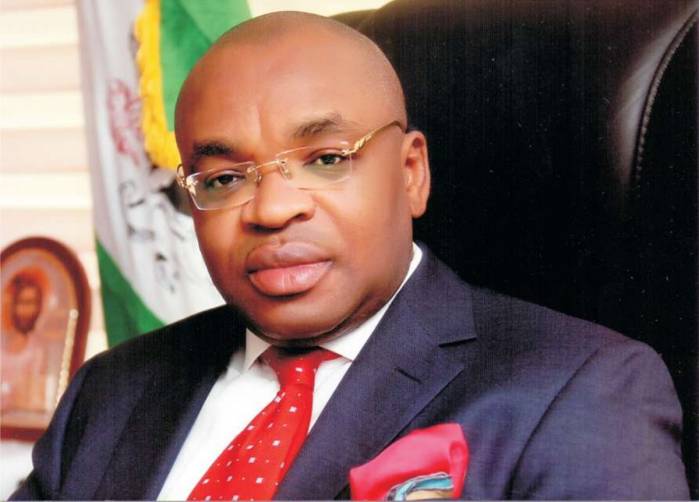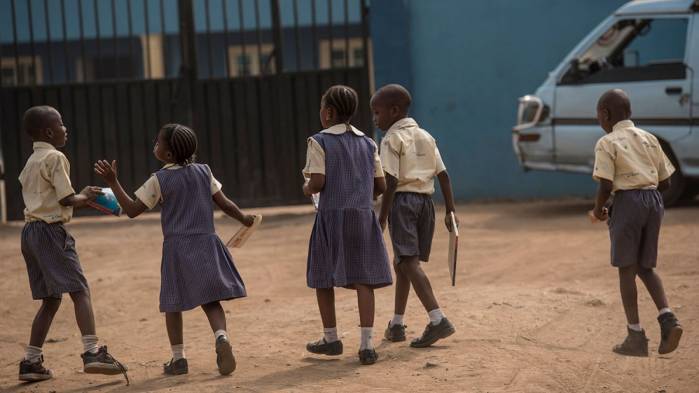The global community has been hit hard in an unprecedented way by the Coronavirus (COVID-19) pandemic. Nigeria and Nigerians have not been spared. Sadly, this is in spite of the tremendous efforts being made by Presidential Task Force (PTF) on COVID-19 to halt the spread of the deadly virus through the promotion of adherence to preventive measures.
The first wave of COVID-19 hit Nigeria in February when the index case was announced, a development that subsequently resulted in a nationwide lockdown that lasted for months. The war against the deadly virus in Nigeria appeared successful when towards the end of the third quarter of 2020 there was a significant drop in the rate and volume of infection. Globally, a decline in the transmission and mortality rates of the virus was also reported.
Unfortunately, from the beginning of the middle of the fourth quarter 2020, countries worldwide began again to record higher numbers of infections and deaths from the virus. Nigeria was not exempted. The world is now in the middle of the second wave of COVID-19.
Experts blame the outbreak of the second wave on human behaviours which, they say, are not in consonance with laid down COVID-19 safety protocols, such as inability to avoid large gatherings, social distancing, regular washing of hands, among others.
Experts also say that the coronavirus has modified or reinvented itself through mutation. The mutants, they say, are more infectious and deadly. They say the mutants constitute a clog in the wheel of the successful development of vaccine due to antigenic variations. Experts are of the view that this could threaten the effectiveness of vaccines being developed.
In the light of this, the second wave of the COVID-19 pandemic is raging in spite of the response strategies put up by national and global health authorities. Agreed that some of the efforts being made by the various governments and agencies to fight the scourge have fallen below standard owing to the dearth of resources, others factors, which are inhibiting the fight are basically non-pharmaceutical. They are attitude-related and have led to poor compliance.
The second wave of the virus is raging and wreaking havoc on the populace. Unfortunately, the virus has found its wings in the gaps created by people’s non-adherence to prescribed safety protocols and as such the disease is spreading like wild fires.
Sadly, while the public awareness about the second wave of COVID-19 is high, the transmission rate is also soaring. Thus, it is left to be seen whether the adherence to safety protocols alone, or in combination with the much-awaited vaccine, will stem the spread of the scourge.
The Nigeria Centre for Disease Control (NCDC) has since the beginning of December 2020 recorded a consistent increase in the number of confirmed cases. It said as of Jan. 10, 2021, Nigeria has reached the 100,000 cases “milestone“, with 100,087 confirmed cases and 1,358 deaths. The NCDC, which issued a public health advisory, blamed the spike on the non-adherence to safety protocols. It stated that the average number of daily confirmed cases recorded in the first week of January 2021 was higher than the cumulative cases recorded in the last week of December 2020.
To stem the tide, the NCDC, along with its partners, said it was putting in place measures to strengthen the public health response to the pandemic. “While Nigerians may be tired of the COVID-19 pandemic and its impact, the virus is taking advantage of the fatigue and complacency and is gaining momentum and taking advantage of lapses in the adherence to the public health measures,’’said NCDC Director-General, Dr. Chikwe Ihekweazu.
To outsmart the virus, the NCDC urged Nigerians to wear face mask properly, wash their hands with soap and water, use sanitiser and observe physical distancing. “This is not the time to let down our guard. The virus that causes COVID-19 never went away and is still very much with us, as evidenced by the rising cases in the country and the global community’’, he said.
Dr. Patrick Dakum, Chief Executive Officer of the Institute of Human Virology Nigeria (IHVN), blamed poor adherence to safety protocols for the resurgence of COVID-19.
He said that Nigerians must recognise that the pandemic still posed a major risk to the society and the nation’s economy.
“We need to work to ensure that we can manage and control the effects and ensure that all the protocols being put in place are observed. Make the wearing of mask a normal part of being around other people. The appropriate use, storage and cleaning or disposal are essential to make masks as effective as possible,” he advised.
READ ALSO: Insecurity: Benue Security Council Imposes Dusk To Dawn Curfew In Katsina Ala, Ukum
Dr. Akyala Ishaku, Senior Lecturer, Department of Microbiology, Nasarawa State University, observed with consternation that most Nigerians did not believe COVID-19 is real, in spite of very compelling evidence, including the spiraling infections and rising fatalities. “This skepticism has led to the dismissive and even derisive and dangerous disposition of people to every warning and danger signs,” he pointed out.
Ishaku said that there were three major factors fuelling the skepticism. One is the fact that in Nigeria people are not dying in their numbers unlike in the US and Europe.
He said the second factor was the body language of influential Nigerians, including some state governors, who publicly deny the existence of COVID-19.
The third, according to him, was the role of religious leaders and conspiracy theorists who also do not believe that the virus is real or in existence.
For Dr. Ijeoma Maurice, a Consultant Public Health Physician, Nigerians are struggling to adjust to life with the prevalence of the pandemic. “Across the country, social distancing is being inconsistently implemented and many are already growing restless, wondering if the PTF was not overreacting and wondering when the country would open up again for business.
According to her, with the lack of established treatments for COVID-19 at this time, there are several basic scientific facts related to why COVID-19 may not be “just like the flu” such as how fast it spreads its lethality, or its rate of mutation.
According to Dr. Solomon Chollom, a Jos-based Virologist, since attitudinal change is key in accepting and adhering to the safety protocols, government needs to invest more in communication.
He said with strategic communication, the right message would be passed and resistance weakened. “When people are adequately informed about the danger, they will naturally adjust. This is a better strategy than enforcement which deploys the use of force and punishment,” he advised.











